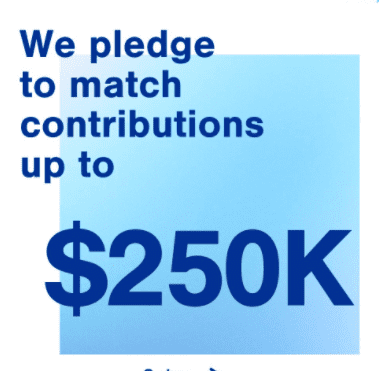Women’s Foundation Announces First Round of COVID-19 Response Fund Grants to 27 Organizations – COVID-19 Women & Girls Response Fund
(May 7, Minneapolis) — Today, the Women’s Foundation of Minnesota (WFMN) announced its first round of investment in 27 organizations through its COVID-19 Women & Girls Response Fund, for a total of $233,000 in general operating grants.

The COVID-19 Women & Girls Response Fund is issuing a half-million dollars in emergency grants of up to $10,000 to organizations serving women and girls experiencing gender-based violence, older women, and women and girls who need short-term financial support for everyday needs due to the effects of COVID-19 (childcare, eldercare, food, housing, transportation, health, and wellness). Grant applications are being accepted monthly and on a rolling basis, as funds are available.
Read More









